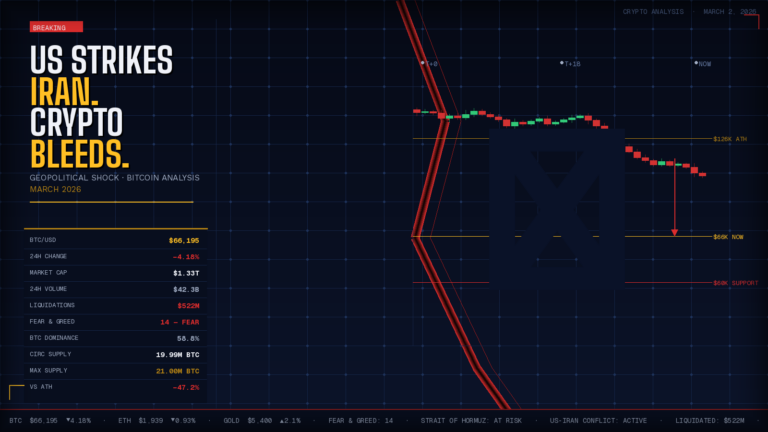Key takeaways:
- The ECB’s governing board has declared that the “preparation phase” for the digital euro project will commence.
- The two-year preparation phase will see the completion of regulations pertaining to the digital currency and the identification of potential issuers.
The European Central Bank’s governing board has declared that, after a two-year investigation, the “preparation phase” for the digital euro project will commence.
The European Central Bank (ECB) stated in a notice dated October 18 that it would begin “laying the foundation for the possible issuance of a digital euro” on November 1 and that the issue of a central bank digital currency (CBDC) was not inevitable.
The declaration came after publishing a 44-page study on the layout and distribution of a possible digital euro.
The two-year preparation phase, as the ECB calls it, will see the completion of regulations pertaining to the digital currency as well as the identification of potential issuers.
According to officials, “testing and experimentation” will occur in the upcoming phase in compliance with central bank regulations and user feedback.
According to the ECB, the Governing Council will determine in two years whether to proceed to the next phase of planning, which would open the door for the potential future issue and introduction of a digital euro. ECB asserted:
“The launch of the preparation phase is not a decision on whether to issue a digital euro. That decision will only be considered by the Governing Council once the European Union’s legislative process has been completed.”
With the goal of allowing customers to access the CBDC through their banks, the European Commission put up a legislative plan for a digital euro in June. A digital euro with many of the same privacy characteristics as a currency is still an aim that ECB executive board member Fabio Panetta has reaffirmed.
On October 17, the Council of the European Union officially adopted the eighth version of the Directive on Administrative Cooperation (DAC8), marking a significant milestone. With this adoption, the European Union’s efforts to regulate cryptocurrency taxes have advanced significantly.









